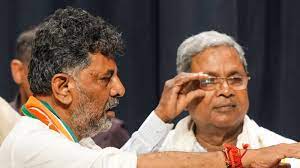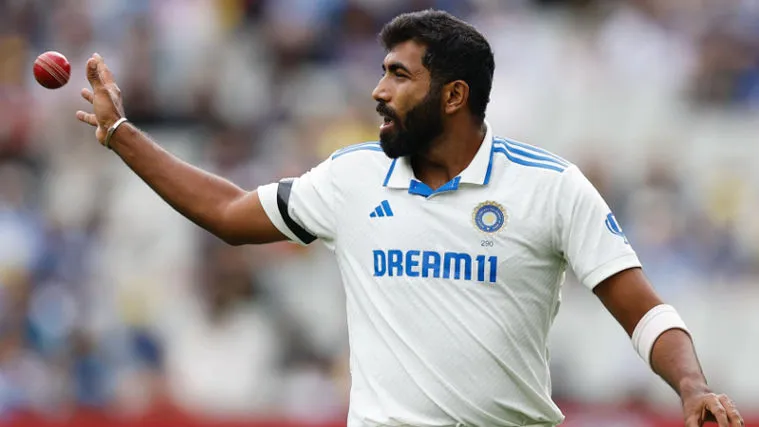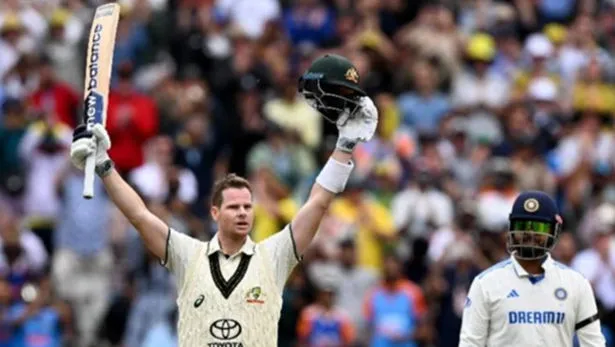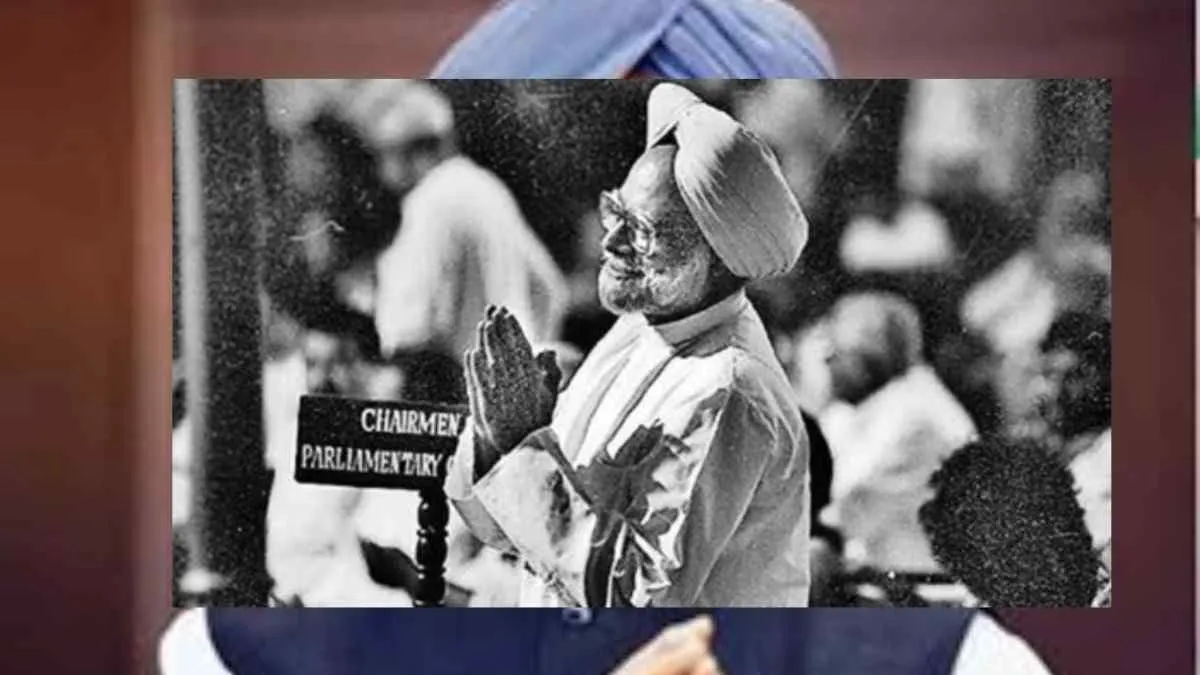The ruling Congress party in Karnataka faces significant internal turbulence just weeks after its recent election victory and subsequent announcement of a power-sharing agreement for the role of the state’s chief minister. The agreement was a strategic decision meant to placate both Siddaramaiah and D K Shivakumar, the party’s two most influential leaders. Nevertheless, apparent fractures are emerging, leading to a tense climate within the party.
The pact outlined a 30-month tenure for each leader as the chief minister, with Siddaramaiah occupying the position first due to seniority considerations. The agreement was personally vouched for by Sonia Gandhi and other top Congress leaders. However, internal dissension appears to be mounting, suggesting a turbulent path ahead for the new government.
Notably, D K Shivakumar, the current Deputy Chief Minister, stirred the waters on a recent visit to his home constituency of Kanakapura. He voiced a thinly veiled ambition to occupy the chief minister’s post, reminding the public of his role as KPCC president and his deference to the Gandhi family’s request to yield his claim for the position. This set the stage for a wave of controversy that was soon picked up by regional media outlets.
In response, Siddaramaiah’s faction quickly went on the offensive. Major Industries Minister and close Siddaramaiah ally M B Patil asserted that Siddaramaiah would remain as Chief Minister for the entire five-year term, denying the existence of the 30-month power-sharing agreement. This controversial claim has added fuel to the simmering political fire within the Congress party, marking the first open dispute regarding the power-sharing arrangement.
The situation is complicated by the longstanding rivalry between Shivakumar and Patil, which goes back to a dispute over the Lingayats’ religious status in 2018. More recently, Shivakumar’s brother, D K Suresh, was involved in a public argument over Patil’s anti-Shivakumar stance.
Last Friday, a post-press conference incident highlighted the growing tension. Following Siddaramaiah’s announcement of new guarantee schemes and his departure, Shivakumar remained behind to assert the party’s fidelity to its promises. Later, Siddaramaiah’s office released a statement taking credit for the schemes, further escalating the simmering conflict.
The All India Congress Committee (AICC) is closely monitoring these developments. Previous instances of power-sharing in states like Rajasthan and Chhattisgarh have proven to be challenging for the Congress party. The upcoming 30 months in Karnataka could be equally, if not more, contentious.
As this political drama unfolds, the people of Karnataka hope for stability and effective governance. Meanwhile, the key players, Siddaramaiah and Shivakumar, are preparing for the potential power battles that lie ahead







